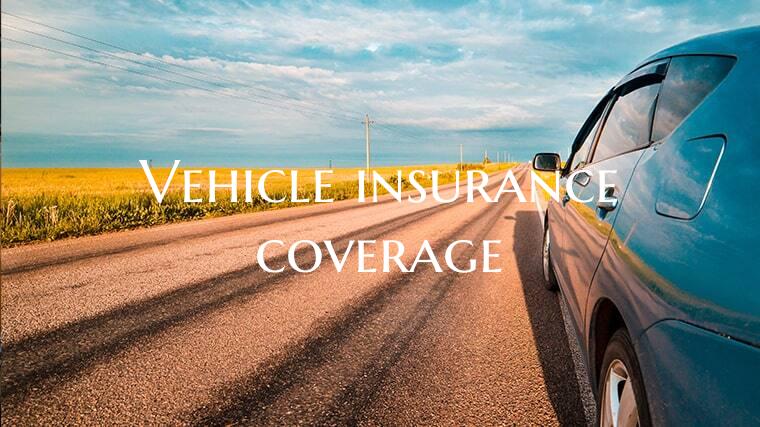Vehicle insurance coverage is a crucial aspect of owning and operating a motor vehicle in today's world. It provides financial protection and peace of mind in the event of unforeseen circumstances such as accidents, theft, or damage. Understanding the different types of coverage available can help you make informed decisions when choosing an insurance policy.
1. Liability Insurance: This is the most basic type of vehicle insurance and is mandatory in most states. It covers damages and injuries to others in an accident that you are found legally responsible for. Liability insurance does not cover your own vehicle damage or injuries.
2. Collision Coverage: This type of coverage helps pay for repairs or replacement of your vehicle if it is damaged in a collision with another vehicle or object, regardless of fault. It is particularly useful if your vehicle is newer or has a higher value.
3. Comprehensive Coverage: Comprehensive insurance protects your vehicle against non-collision incidents such as theft, vandalism, natural disasters, or hitting an animal. It provides coverage for damages that are not related to a collision.
4. Uninsured/Underinsured Motorist Coverage: This type of coverage protects you if you are involved in an accident with a driver who doesn't have insurance or doesn't have enough insurance to cover your damages. It can also include coverage for hit-and-run accidents.
5. Personal Injury Protection (PIP): PIP coverage provides medical expenses, lost wages, and other benefits for you and your passengers, regardless of who is at fault in an accident. It can help cover medical expenses even if you have health insurance.
6. Gap Insurance: If you have a car loan or lease, gap insurance can be beneficial. It covers the difference between the actual cash value of your vehicle and the amount you still owe on the loan or lease if your car is totaled in an accident.
7. Rental Reimbursement: This coverage helps pay for a rental car if your vehicle is being repaired due to a covered claim.
When shopping for vehicle insurance coverage, consider your budget, driving habits, the value of your vehicle, and any state requirements. It's essential to review your policy regularly and make adjustments as needed to ensure you have adequate coverage for your needs.

